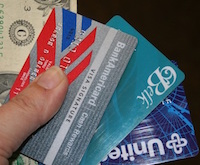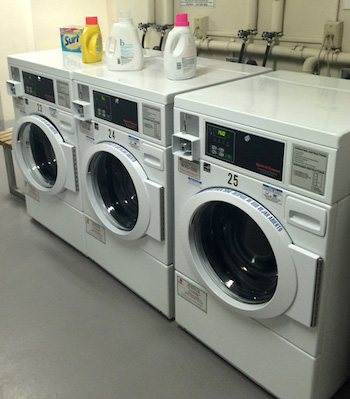Retail therapy may seem like the perfect solution to stress, but hitting the local mall is about more than just shopping.
When stressed, some people turn to alcohol, drugs or other harmful behavior patterns. Some people turn to spending money.
Retail therapy may help you to feel better for a little while, but often post-purchase remorse settles in after a few hours. In other cases, guilt and remorse hit when the credit card bill arrives or when you need the money for something more important.
If the resulting anxiety and depression trigger another shopping spree, more financial problems are just around the corner.
Whether you can afford it or not, overspending to feel better about yourself is a problem. Compulsive spending is a form of addiction that — while not considered to be a formal psychiatric disorder — is an issue for many individuals and families. Compulsive spending can lead to financial problems and, ultimately, financial ruin.
Recognizing the problem is half the solution. If you have a problem with compulsive spending, follow these steps from University of Georgia Cooperative Extension to take control of your finances and your long-term financial security.
- Stop using credit - Compulsive spenders typically carry a balance on at least one and probably several credit cards. Keep one credit card in your wallet for emergencies and leave the rest at home. Better yet, cut up all but the emergency card and close the accounts.
- Track your spending - To pinpoint problem spending areas, carry a small notebook and record what you buy, where you buy it, how much it cost and why you made the purchase. At the end of each week, review the log and look for patterns and areas in need of attention.
- Spend less than you earn - It may sound simple, but the key to long-term financial security is consistently earning more than you spend and investing the difference. Look for ways to reduce spending and to increase saving.
- Plan your spending - Know what you want from your money. What are your goals for the immediate and long-term future? How will you handle an emergency or other unexpected expense? Prioritize your wants and needs to keep spending and saving in line with your income. Once you have a plan, keep track of your spending to make sure that you’re sticking with it.
- Shop wisely - Use a list and avoid buying items not on your list. Comparison shop, especially for more expensive items. Compare options from different sellers and among competing brands in the same store. Use coupons only for frequently used items. No matter how good the sale and how great the savings, it is not a good buy if the item is not needed.
- Plan a yard sale - Compulsive spenders often have a house full of goods that they have barely used. Round up unwanted items and have a yard sale. Some items, like books, music CDs, DVDs and one-of-a-kind items, often bring better prices when sold through an online source, such as eBay. Use the proceeds of the sale to pay down debt or to kick off a new savings program.
If you continuously have trouble curbing your spending, consider a support group or professional help from a trained counselor or mental health professional.
For more information about how to manage your money, contact your local UGA Cooperative Extension agent at 1-800-ASK-UGA1 or view UGA publications at www.caes.uga.edu/publications/






